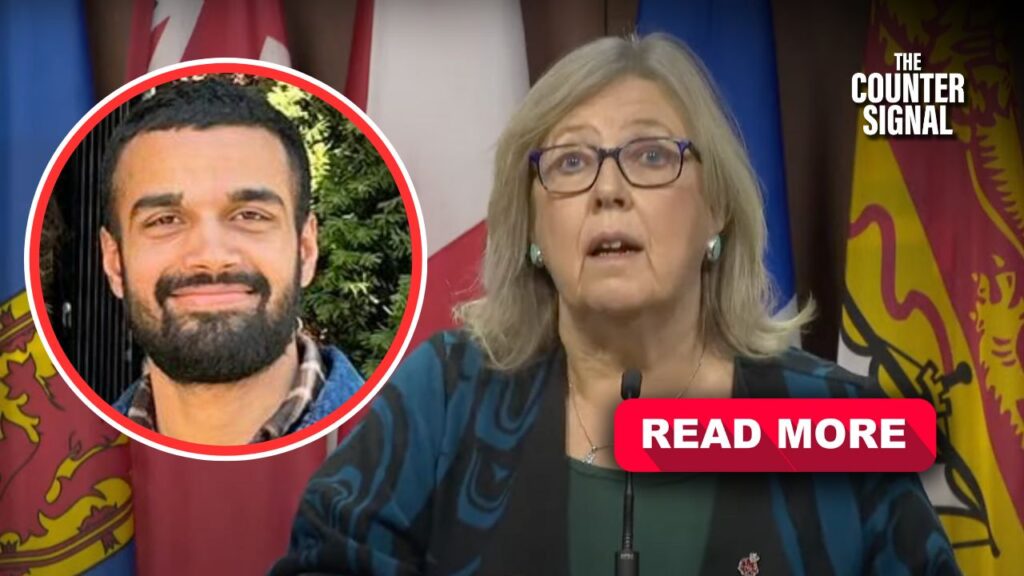Documents reveal that around half a million foreigners are illegally residing in Canada, most of whom have come to Canada on student visas, then refused to leave when legally required.

The shocking concession was made in a public disclosure from Immigration Minister Marc Miller, showing that there are so many undocumented non-citizens, they’ve lost count.
“There are no accurate figures representing the number or composition of undocumented immigrants residing in Canada. Estimates suggest that the population could be as high as 500,000 persons,” the document reads, as first reported by Blacklock’s Reporter.
To address the problem, the Liberal Immigration Minister suggested earlier this year that the solution might be to simply give in and “regularize their status.”
Canada’s immigration policies have come under intense scrutiny in recent years, and risen to the top of the public’s radar. Recent public-opinion polls show that the majority of Canadians care more about immigration than they do climate change. Another recent poll shows that after years of unfettered immigration, 60% of Canadians now think the government accepts “too many” newcomers.
Driven by liberal international student policies, the number of Indian immigrants in Canada quadrupled between 2013 and 2023, while the number of Indian students increased by nearly 6,000% between 2000 and 2021.
“We don’t have much choice”
On a podcast in March, Miller said Canada needs to mass immigration to address labour market gaps. “There is no doubt that we have made a conscious decision to be an open country and a country that needs to grow. The reality is we don’t have much of a choice.”
But Miller announced a “temporary” cap on new international student permits at the beginning of this year, which have run rampant in recent years, from 219,035 in 2015 to 682,430 in 2023.
Miller said in 2024, he would only issue 364,000 study permits, marking about a 50% reduction from 2023.
However, government data reveals that Immigration, Refugees and Citizenship Canada (IRCC) has already issued 216,620 international study permits this year (January to May), compared to 200,205 permits during the same period last year.
Making matters even more concerning, the IRCC does not require criminal record checks from international students, except those conducted in Canada, where the individuals have never been.










The planned systematic destruction of Canada continues under the control of the Regime.
How can you not have to go through a police clearance to come to Canada. This is wrong and we defiantly have gone down hill and are sinking every day and going to HELL. I do not believe there is a Labour Shortage, there is a shortage of housing and therefore and shortage of bathrooms to do your daily business in. What Canada is really short on is BRAINS AND LEADERS TAKING CARE OF THE CITIZENS BORN IN CANADA
This is clear evidence of incompetent government. We need an election soon!